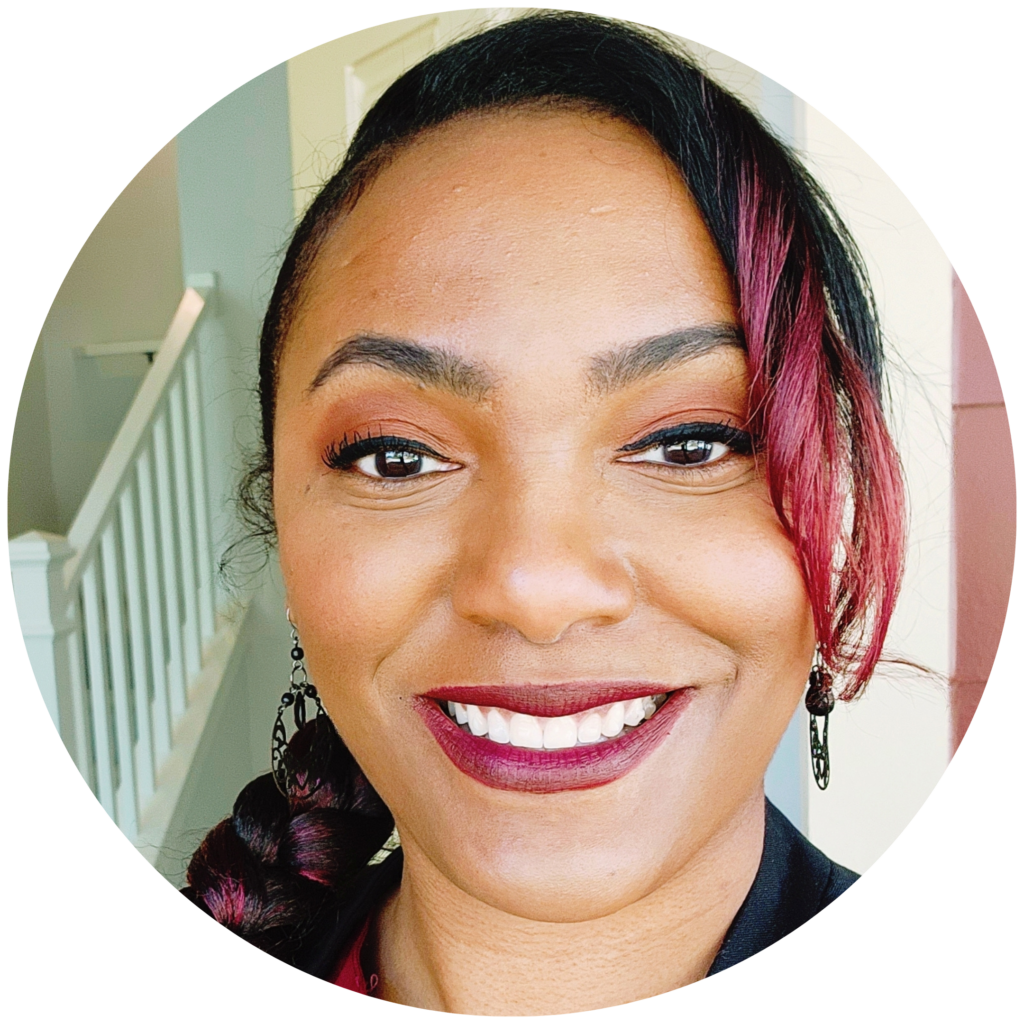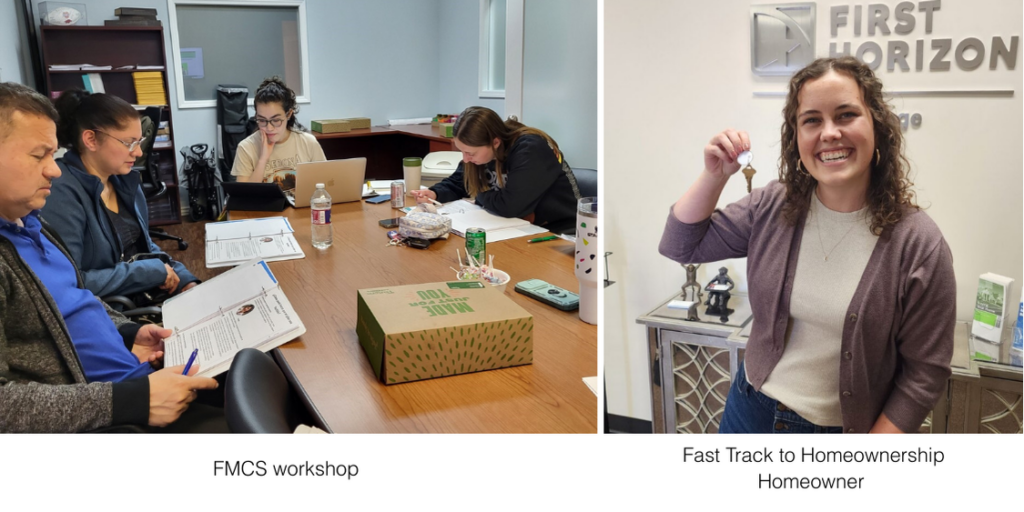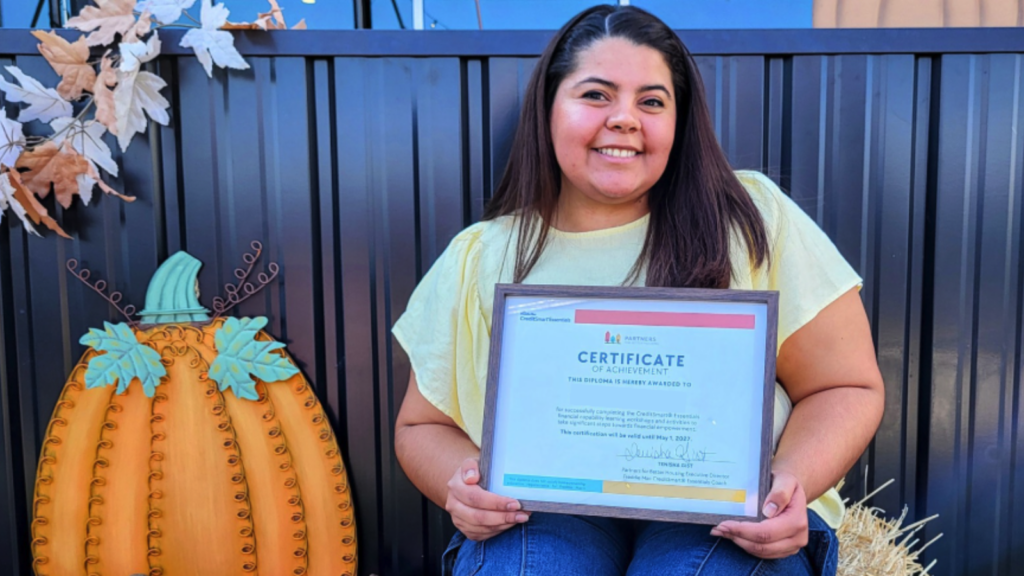
When you’re in the business of building brighter futures like Partners for Better Housing (PBH) you don’t always have time to stop and measure how far you’ve come. That’s where skills-based volunteering comes in. PBH teamed up with Nielsen volunteers through Common Impact skills-based volunteering programming to tackle a common and critical challenge: proving the power of their work. Specifically, they needed help analyzing assessment data from their Freddie Mac Credit Smart (FMCS) workshops to see if participants were actually walking away more confident and informed about the homebuyer preparedness process. Spoiler alert: they were—but now PBH has the data to show it.
We spoke with PBH’s Chief Executive Officer, Tenisha Gist, about how this collaboration sharpened their evaluation tools, helped them tell a stronger story to funders, and reminded them they don’t have to do it all alone.
It was refreshing and energizing to have concrete next steps rather than continuing to navigate these challenges alone.
Can you describe Partners for Better Housing’s mission and how it addresses the affordable housing challenge in Northwest Arkansas?
Our mission is to build partnerships that create housing and upward mobility opportunities for modest and moderate-income individuals. Tackling affordable housing can’t be done alone—it requires the collective strength of various stakeholders. Whether it’s a landlord, realtor, architect, or even a friendly neighbor, they all play a role in shaping the communities we live in. Our goal is to address housing affordability gaps through collaboration while educating and equipping people to thrive.
We’ve helped people achieve financial stability, explore steps toward owning a home, and even provided direct assistance for those ready to buy a home. We’ve been able to support individuals with down payment funds to help them cross the finish line to homeownership. Through our partnership with Habitat for Humanity, we offered discounted lots, making homeownership more attainable. We also work one-on-one with individuals outside of educational settings to help them navigate financial wellness. We help them learn habits such as budgeting, saving, and investing.

Can you speak more about the specific challenge you brought to the skills-based volunteers?

Our challenge was to improve the pre- and post-assessment questions for our FMCS workshops. We developed these internally, but didn’t know if they effectively measured the impact of our workshop series.
Through a collaboration with Common Impact and Nielsen volunteers participating in the company’s annual global day of service, Nielsen Global Impact Day, we strategically examined our engagement surveys to pinpoint workshop impact and participant learning. We needed help structuring our assessments in a way that captured both the data and stories that matter. Our goal was to create insights that would resonate with funders and stakeholders—driving increased funding, ongoing support, and the expansion of our operations to help more people.
Not everyone who is a workshop participant purchases a home, but that doesn’t mean the program isn’t valuable. We wanted to focus on measuring confidence and knowledge gained opposed to homeownership rates. The volunteers helped us refine our approach, ensuring we asked the right questions to gather meaningful data without overwhelming participants.
What was your experience collaborating with Common Impact and Nielsen volunteers, and what key takeaways or strategies did you gain from that collaboration?
Common Impact structured the engagement with a great flow. We kicked off with a discovery session to connect with the volunteers and share our challenge. Then, during the incubation tank, they developed solutions, which they presented in a final session where we could ask questions and clarify next steps, so we were ready to hit the ground running.
The volunteers helped us synthesize information we had been working with for a long time but hadn’t had the capacity to fully refine. Their insights were highly actionable, and the instant feedback we received during our collaborative sessions was invaluable. It was refreshing and energizing to have concrete next steps rather than continuing to navigate these challenges alone.
When you’re deep in the day-to-day, it helps to get fresh feedback and be asked questions to see the problem in a different light or from a different perspective. Sometimes, when creating assessments from scratch, you include a lot of questions with the mindset of gathering as much information as possible—but not all of it is useful. We learned to focus on asking the right questions in the right way, those that serve both us and the people we support.
From your point of view, why should nonprofits get involved in skills-based volunteering?
These partnerships help address the need for expertise while overcoming the challenge of limited funding that many organizations face. The eight hours we spent with a skilled and engaged team enhanced our time and capacity.
Beyond that, we gained new supporters—people who now understand our work and are invested in it. That kind of connection has a ripple effect. It reinforces the idea that we’re all working toward a shared goal of community improvement. We only have so much time, funding, and expertise in-house and partnerships like this remind us that we are better together. Now that we’re connected, we can stay connected, and that’s exciting.
Many organizations may not realize the benefits gained from working with skills-based volunteers until they explore external perspectives. Skills-based volunteering can be a game changer, especially for nonprofits looking to spend a short amount of time creating long-term impact.
About Nielsen’s Data for Good® Program
Nielsen encourages skills-based volunteering through the company’s Data for Good® program. These projects and initiatives involve supporting nonprofit organizations with Nielsen data, solutions and talent to make a positive impact. Through Data for Good projects, Nielsen volunteers help nonprofits to identify and understand their audiences, improve messaging, analyze reach and impact, and much more.
About Common Impact
Common Impact is a nonprofit organization that fosters meaningful partnerships between purpose-driven Fortune 500 companies and leading nonprofits worldwide to propel social good. We create, develop, and lead customized skills-based volunteer programs—guiding the process each step of the way to ensure success and create lasting change.
Service Common Impact Provided

Day of Service
Full-scale program management of a skills-based day, week, or month of service.
Ready to learn more about skills-based volunteering? Reach out & stay connected





